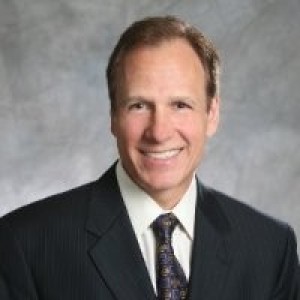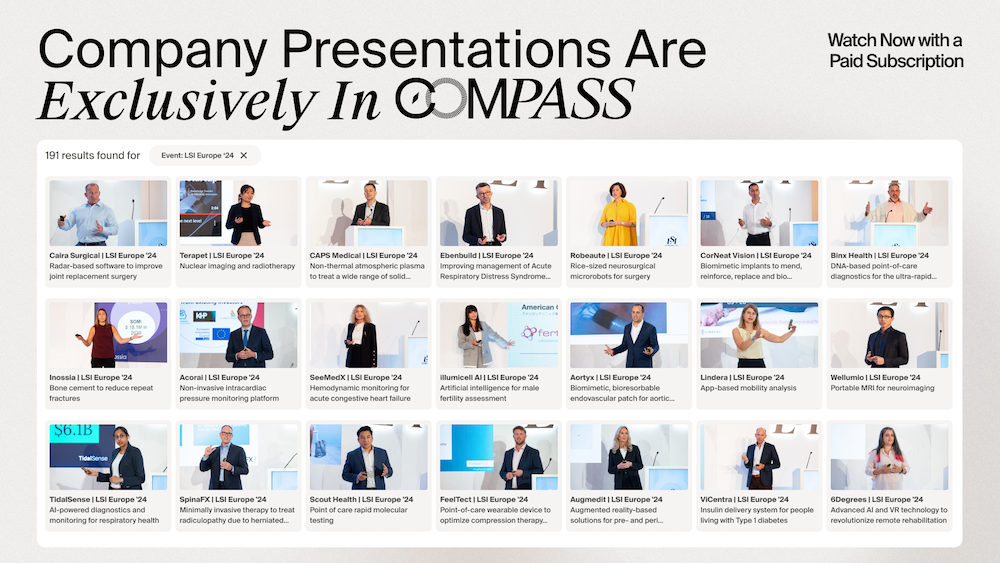- Video Library
- Lloyd Mencinger Presents Aqua Medical at LSI Europe '23
Lloyd Mencinger Presents Aqua Medical at LSI Europe '23
shaping the future of
Medtech at LSI USA ‘26
Waldorf Astoria, Monarch Beach

Lloyd Mencinger
High energy CEO, Sales, Marketing, & Business Development leader with over twelve years as an International expatriate.
Strong track record of delivering results in both blue chip and early-stage companies. Expert at developing new markets, driving growth, executing turnarounds, and creating winning cultures.
History of driving rapid market penetration for new medical device technology, through: 1) field sales effectiveness, 2) strong customer development, 3) clinical economic arguments, 4) targeted physician & referral pathway marketing
Specialties:
- Sales, Marketing, Strategy, New Business Development
- International Growth Execution, Europe, Asia, Americas
- Sales & Field Force Effectiveness
- Physician Adoption, New Market Development
- Marketing to Physicians & Direct-to-Patients
- General Management
- Early-Stage Company Growth, Turnarounds
- Global Product Commercialization
- R&D Product Development & Manufacturing
- Organization Design to Drive P&L Growth
Lloyd Mencinger
High energy CEO, Sales, Marketing, & Business Development leader with over twelve years as an International expatriate.
Strong track record of delivering results in both blue chip and early-stage companies. Expert at developing new markets, driving growth, executing turnarounds, and creating winning cultures.
History of driving rapid market penetration for new medical device technology, through: 1) field sales effectiveness, 2) strong customer development, 3) clinical economic arguments, 4) targeted physician & referral pathway marketing
Specialties:
- Sales, Marketing, Strategy, New Business Development
- International Growth Execution, Europe, Asia, Americas
- Sales & Field Force Effectiveness
- Physician Adoption, New Market Development
- Marketing to Physicians & Direct-to-Patients
- General Management
- Early-Stage Company Growth, Turnarounds
- Global Product Commercialization
- R&D Product Development & Manufacturing
- Organization Design to Drive P&L Growth

17011 Beach Blvd, Suite 500 Huntington Beach, CA 92647
714-847-3540© 2026 Life Science Intelligence, Inc., All Rights Reserved. | Privacy Policy







